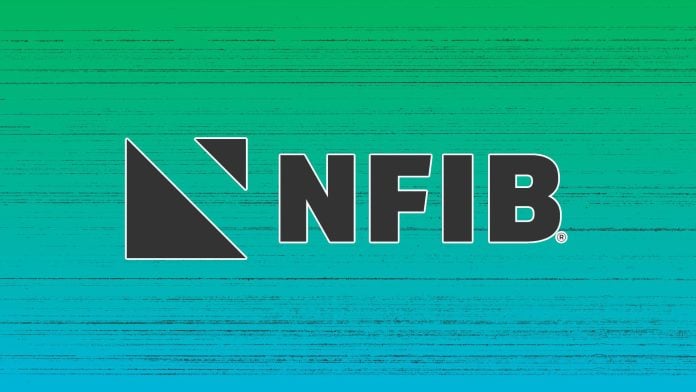In a significant development for small business owners reliant on government assistance during challenging times, a high-profile case of fraud has emerged involving allegations of misappropriation of Paycheck Protection Program (PPP) funds. Clarence Gardener, a 50-year-old resident of Odessa, has been indicted on charges of wire fraud, with the indictment revealing that he allegedly secured over $250,000 through deceitful tactics related to the now-expired coronavirus relief program.
The PPP was introduced as part of the Coronavirus Aid, Relief, and Economic Security (CARES) Act to provide vital financial support to small businesses grappling with the economic fallout of the pandemic. However, Gardener’s case highlights the vulnerabilities inherent in the system, raising important considerations for small business owners who utilized these funds.
Gardener’s indictment, announced by United States Attorney Gregory W. Kehoe, reveals that between April and October 2020, Gardener allegedly submitted false information in his application for PPP funds. If convicted, he faces severe penalties, including up to 20 years in federal prison and a forfeiture order for $261,253, the amount he allegedly fraudulently obtained.
This case serves as a cautionary tale for business owners who benefitted from government assistance. While the PPP provided essential relief, the speed at which funds were distributed emphasized the need for diligence in the application process. Small business owners must be aware that any discrepancies or falsehoods in their applications can lead to serious legal repercussions, including the potential for criminal charges.
The investigation into Gardener’s activities was carried out by the Small Business Administration’s Office of Inspector General (OIG) in collaboration with the Federal Bureau of Investigation (FBI). This partnership underscores the seriousness with which authorities approach fraudulent claims against programs designed to support small enterprises.
For small business owners, this indictment serves not only as a warning but also as a reminder of the importance of transparency and integrity in financial dealings. Many businesses relied on government funding to navigate the hardships posed by the pandemic, making it essential to adhere to the regulations and requirements set forth by federal agencies.
“An indictment is merely a formal charge that a defendant has committed one or more violations of federal criminal law, and every defendant is presumed innocent unless, and until, proven guilty,” attorney Gregory W. Kehoe stated. This principle reiterates the balance between accountability and the presumption of innocence in the legal process, emphasizing that legal actions may not always imply guilt.
While the case may seem distant from the day-to-day realities of running a business, it presents significant implications for all small business owners. The pressure to quickly secure financial support can sometimes cloud judgment, leading to risky decisions that can jeopardize both personal and business futures.
Understanding these potential pitfalls is essential for businesses planning to seek funding in the future, whether through established programs like the PPP or upcoming initiatives intended to stimulate growth post-pandemic. Ensuring compliance with all submission criteria and maintaining accurate financial records can significantly mitigate the risks of facing similar legal troubles.
For owners considering applying for government assistance, this case reinforces the importance of conducting due diligence and thoroughly understanding the application process. Consulting with financial advisors or legal professionals can provide additional support in navigating the complexities of federal programs, ensuring that applications reflect true business circumstances.
As this case unfolds, small business owners across the nation should remain vigilant. The lessons learned from Gardener’s situation can foster a more secure environment for future funding efforts, ultimately leading to healthier business practices and safeguarding against unnecessary legal entanglements.
For more details on this case, you can refer to the original announcement by the U.S. Department of Justice here.
Image Via BizSugar



